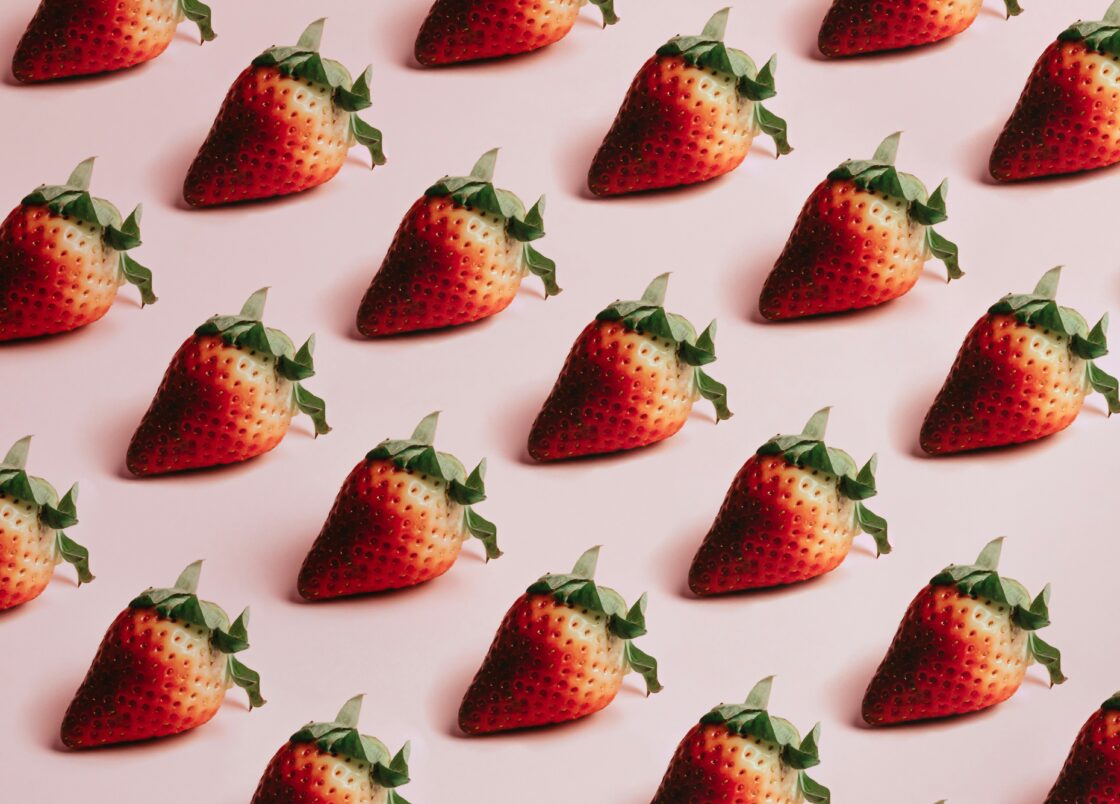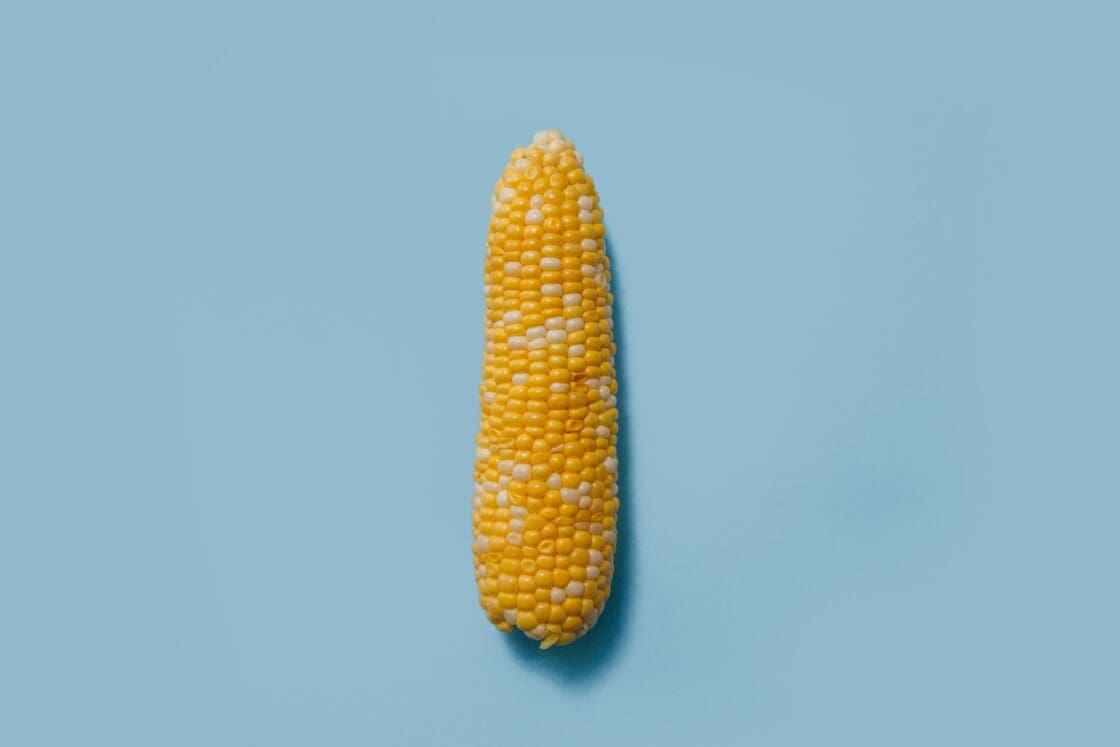The 4 Worst Food Additives You’re Probably Still Eating

It’s both completely shocking and not at all surprising that even the healthiest-sounding foods can contain some not-so-healthy food additives. But what are the worst food additives you’re consuming on a daily basis?
Have you eaten at a restaurant lately? Or maybe grabbed a bag of natural chips? In this modern world, who doesn’t? We often eat on the go, and even if we try to make it as healthy as possible, we can still get duped by hidden food additives. Let’s dive into the worst food additives so you know what you’re eating and can take back control of your health.
Sign up for the newsletter to learn more about what’s in your food.
What Are Food Additives?

Before jumping into the worst food additives that you’re probably still eating, let’s figure out what food additives are. They not only enhance the flavor but even alter the appearance and texture of a product. Some additives help extend the shelf life of a product. But while some are safe to consume, others have an adverse effect on your health.
Some additives include artificial food coloring, or food dyes, like Blue 1, Red 40, Yellow 5, and more. Others include sodium nitrite which is frequently found in processed meats to help prevent the growth of bacteria and add a salty flavor.
But which of these common ingredients are some of the food additives that you’re consuming day-to-day? Read more to find out the top four worst additives.
1. Natural flavors

Yum. Flavors. Food is all about flavor and the more natural, the better, right? Food manufacturers don’t have to disclose where their “natural flavors” come from, and they can be manufactured in a lab just like artificial flavors, making them one of the worst food additives.
As long as the food scientists start with a natural ingredient, it can be turned into anything they want1. And do you know what else is considered a “natural” food additive? Glands of beavers, which are used to produce berry flavors. We’re not joking.
2. MSG (Monosodium Glutamate)

If you skip dining at the local Chinese restaurant out of fear of MSG-induced headaches and other issues, you may be doing yourself a favor, but you’re likely not eliminating it altogether2.
There are more than 40 different names for MSG. It can come from vegetable proteins and yeast extracts, common in natural and organic foods, but those variations don’t require noting MSG on the label. Check out this list of other names for MSG and steer clear.
3. Hidden GMOs

One of the worst food additives can be found in organic foods. The Non-GMO Project calls them “invisible GM ingredients” and you may find them in foods that say something like “Made with non-GMO corn.” Deceptive, right? But if your food contains any of the invisible GMOs such as citric acid, maltodextrin, stearic acid, xanthan gum, or whey, you may be eating GMOs.
While the U.S. currently doesn’t require genetically modified ingredients to be labeled, more than 60 countries around the world do because of concerns over human health and risks to the environment3.
4. Aspartame

Dr. Mercola called aspartame “the most dangerous substance on the market” because it accounts for many complaints to the FDA. Linked to serious health issues including chronic migraines, tinnitus, and cancer, aspartame is one of the worst food additives4.
Think aspartame is just found in sodas or those artificial sweetener packets at the coffee shop? The term natural flavors also includes the artificial sweetener, aspartame. Look harder at your flavored yogurts and flavored water products as well as cereals, salad dressings, and marinades, as aspartame may be among the ingredients.
Read More on Organic Authority

More Than Half of Consumers Connect Food Additives With Increased Risk of Disease
There’s No Difference Between Artificial and Natural Flavors (and That’s Not the Worst News)
FDA’s New GRAS Rules Give Companies Free Reign on Food Additives
Sources:

